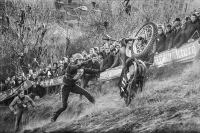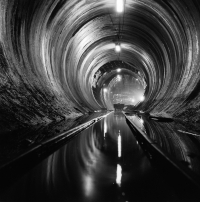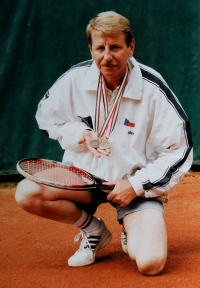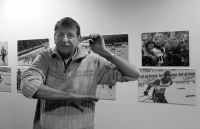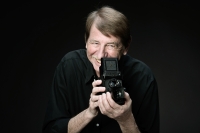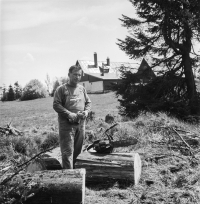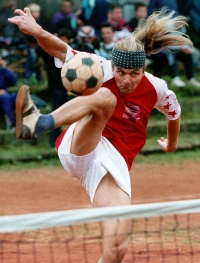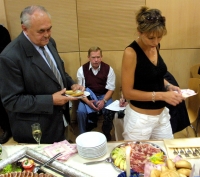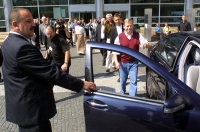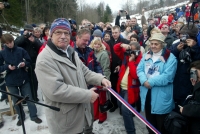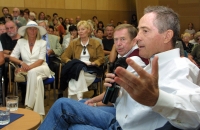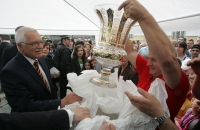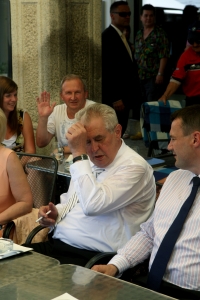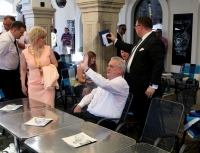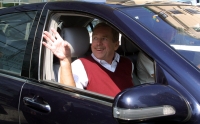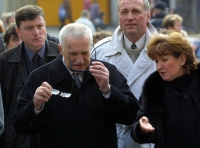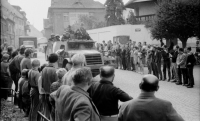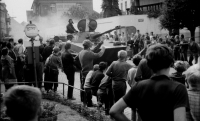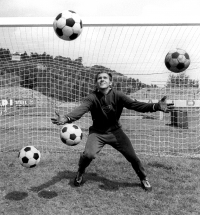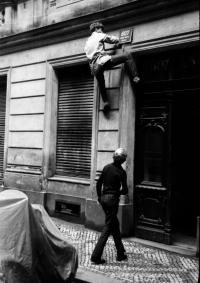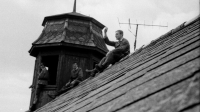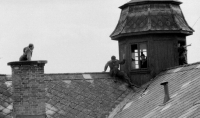He was fired from newspaper in 1973, he won the Czech Press Photo award 25 years later
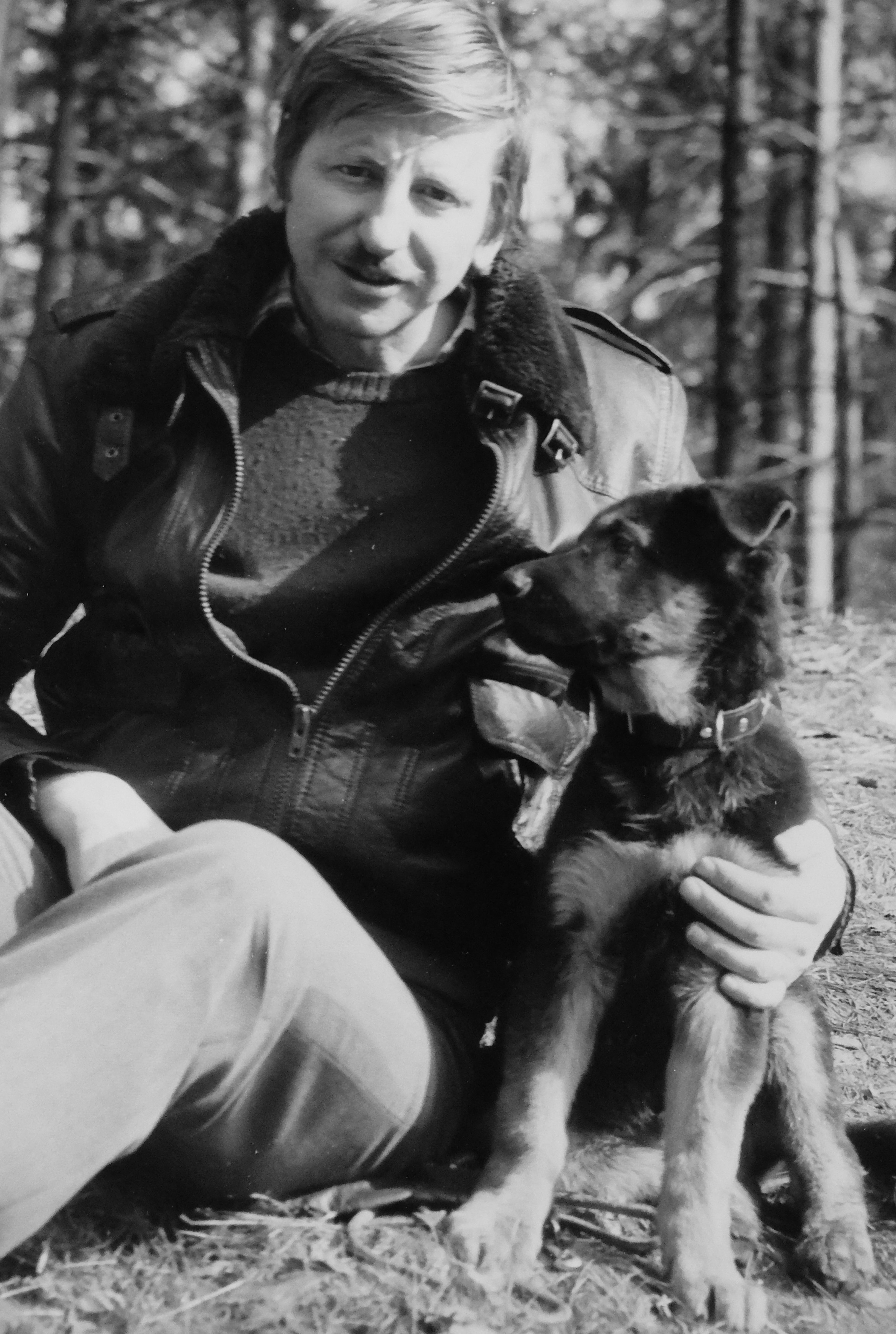
Download image
Bořivoj Černý was born on 14 December 1947 in Liberec. His parents came there from Mladá Boleslav region after World War II during populating the Sudetenland, from which most Germans had been forced to leave. When he was 15 years old, the family moved to Prague, where his father got a job at the Hunting Association. Bořivoj Černý played tennis from childhood and was also involved in other sports. In Prague, he trained as a construction locksmith, he was interested in photography, and even before his military service he worked for Agricultural Newspaper [Zemědělské noviny]. He started his military service in the autumn of 1966 and served as an army radio operator in Stříbro, where he experienced the occupation of Czechoslovakia by Warsaw Pact troops on 21 August 1968. He photographed the occupiers in Stříbro and later in Prague. In order to support the General Secretary of the Communist Party of Czechoslovakia, Alexander Dubček, and the Czechoslovak government in resisting the occupation, he joined the Communist Party while at military service. After the April 1969 plenary session of the Central Committee of the Czechoslovak Communist Party, he left the party because the conservative wing of the Communist Party, led by Gustáv Husák, had taken control of the republic and removed Alexander Dubček from office. In 1969, the witness began photographing sport and other events for the army daily newspaper People´s Defence [Obrana lidu]. He met with Minister of National Defence Martin Dzúr, Presidents Ludvík Svoboda and Gustáv Husák, and he also photographed Cuban President Fidel Castro. Due to his leaving the Communist Party of Czechoslovakia in the spring of 1969, he started having problems in the following years. Although he went through two background checks at the editorial office, he failed to pass the third one after the new editor-in-chief, a conservative communist, took over. He left People´s Defence on 1 January 1973. He began taking photographs on a freelance basis, his photos included the construction of the Prague metro and the dam in Josefův Důl. He also worked as a night cleaner and cherry picker. In 1978, he returned with his first wife to Liberec, where he was admitted to the newspaper published by district committee of the Communist Party of Czechoslovakia, called Ahead [Vpřed]. He was in charge of the sports page, but Liberec communist officials found out that he had been forced to leave the People’s Defence and he was subsequently fired from Ahead newspaper. Until the Velvet Revolution, he worked as a commercial photographer in the Ještěd department store and in the People´s Consumer Cooperative Jednota. After 1989, he returned to work in newspapers and in 1998 he joined the regional editorial office of Mladá fronta Dnes. In the same year he won the Czech Press Photo in the Sports Photography category. He also succeeded in other categories in Czech Press Photo later. In 2021 he was living in Ždárek near Turnov. The story of the witness was recorded thanks to the support of the Statutory City of Liberec.
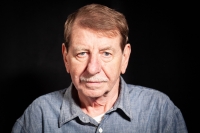
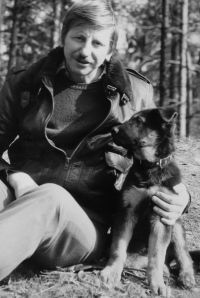

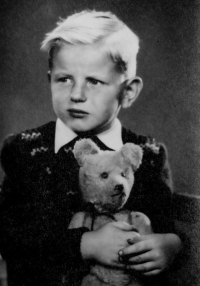
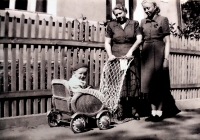
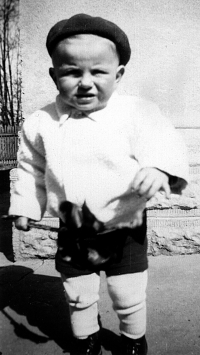
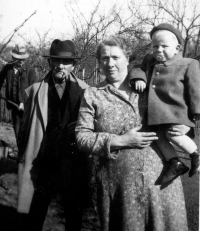
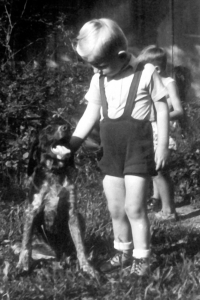
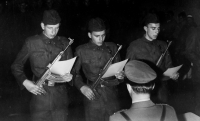
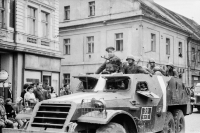
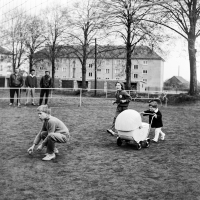
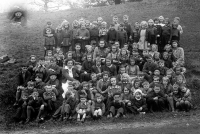
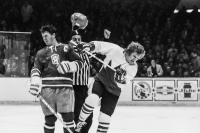
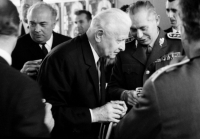
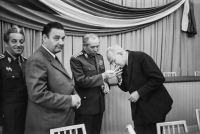
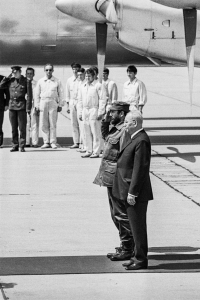
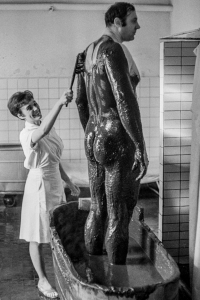

![Start of the Jizerská padesátka [50km long cross-country ski race, trans.] at Hrabětice meadow; photo by Bořivoj Černý, 1970s](https://www.memoryofnations.eu/sites/default/files/styles/witness_gallery/public/2022-02/cerny%20borivoj_2021-06-30_FA13.jpg?itok=pg0lgiNU)
